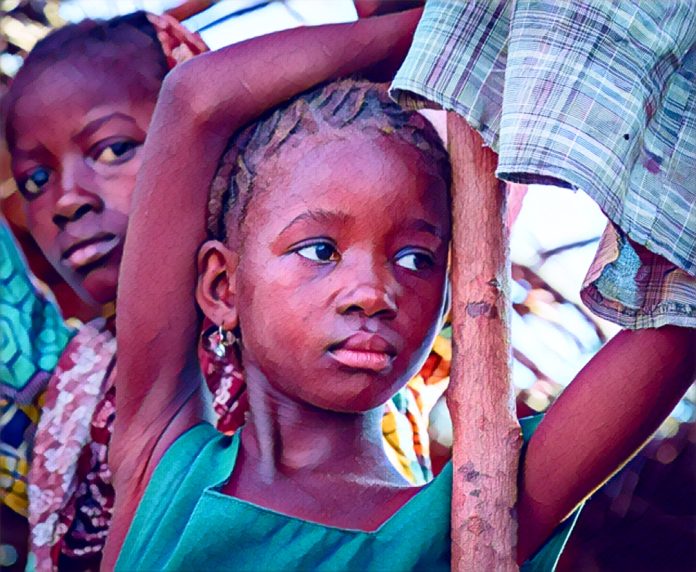Key Points
- WFP warns that 35 million people in northern Nigeria may face severe food insecurity in the 2026 lean season.
- Attacks by jihadists and bandits fuel displacement, mass abductions and rising hunger across several states.
- Funding cuts forced WFP to close 150 nutrition centres, putting more than 300,000 children at heightened risk.
Resurgent attacks by armed groups have pushed hunger in northern Nigeria to its worst level in years as thousands edge toward famine, the World Food Programme said on Tuesday.
The agency reported that nearly 35 million people across the northern region could face severe food insecurity during the 2026 lean season.
That period runs from May to September and is the most difficult stretch for rural families who often exhaust their food supplies before harvest.
In Borno State, the centre of the 16 year conflict with Boko Haram and splinter groups, the WFP projected that about 15,000 people will fall into what it described as catastrophic hunger.
The insurgency has killed more than 40,000 people and displaced roughly two million since it erupted, with violence spilling into Chad, Niger and Cameroon.
Bandit Attacks Compound the Crisis
The crisis extends beyond the northeast. Armed groups known locally as bandits continue to attack villages in the northwest and central belt.
Their raids often involve killings, the destruction of homes and large scale kidnappings.
Nigeria recorded three mass abductions last week. More than 300 students and teachers were taken from a Catholic school in Niger State.
25 female students were abducted from a government school in Kebbi State. 38 worshippers were seized from a church in Kwara State while a service was being livestreamed.
Security officials face a surge in attacks even as the wider insurgency no longer matches the intensity of 2015.
Jihadist factions have expanded their reach this year and exploited gaps created by thinly stretched security forces.
Late last month, the al Qaeda linked Group for the Support of Islam and Muslims claimed responsibility for its first attack inside Nigeria.
Rising Costs Leave Families With No Options
The WFP noted that the lean season normally forces many farming households to buy food to get by. Inflation driven by Nigeria’s economic crisis has made that nearly impossible for many families.
The country is in the middle of a sharp downturn as President Bola Tinubu rolls out reforms supported by the IMF but widely blamed for rising living costs.
Foreign Aid Cuts Deepen the Shortfall
The worsening situation has collided with deep cuts in foreign aid. The United States, the WFP’s largest donor, reduced funding during Donald Trump’s presidency.
Several European donors have also trimmed their humanitarian budgets.
Almost a million people depend on WFP assistance in the northeast. The agency said funding shortages forced it to scale back nutrition programmes in July.
It suspended 150 of its 500 nutrition centres in the region, placing more than 300,000 children at greater risk and pushing malnutrition levels from serious to critical in the third quarter of the year.
Communities Near Breaking Point
“Communities are under severe pressure from repeated attacks and economic stress,” WFP representative David Stevenson said.
He warned that families already on the brink are now sliding deeper into crisis as support declines and violence rises.



